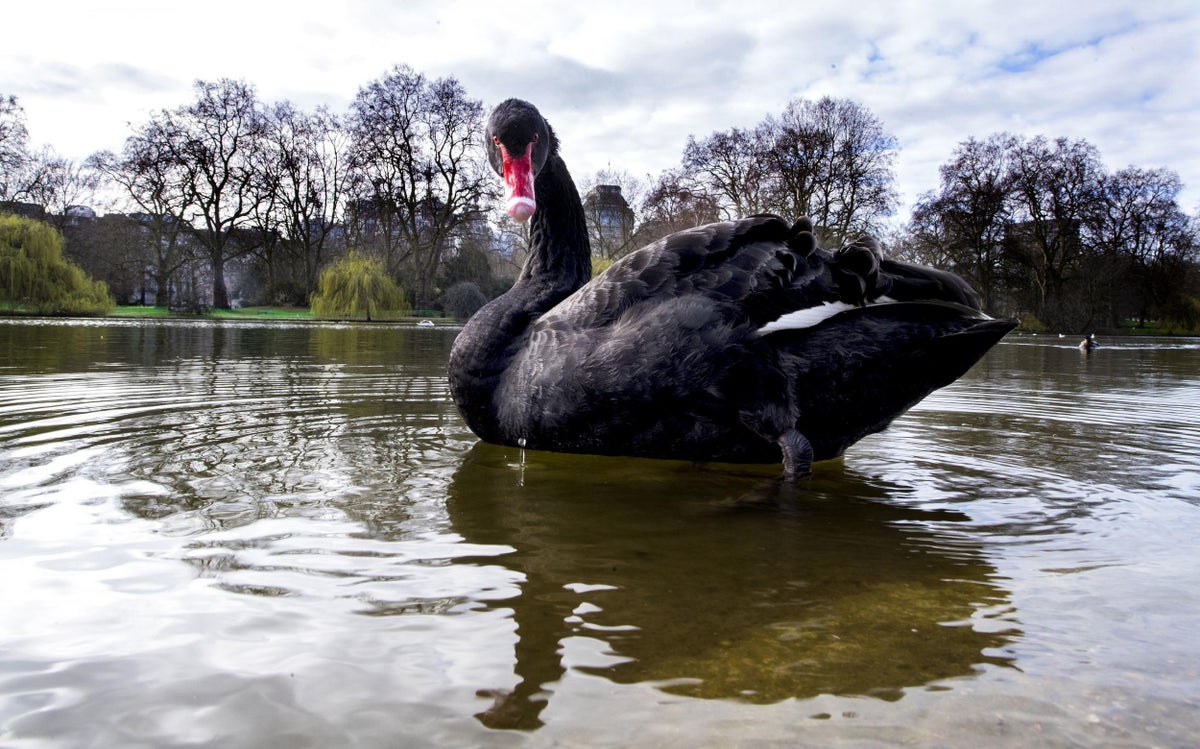
An outbreak of bird flu could wipe out black swans in Australia, a new study has warned.
Experts say the famous birds are in a “highly precarious situation” as they are particularly vulnerable to avian flu – and can die from it within days of becoming infected.
Their survival “would be in peril” if an outbreak hit Australia, researchers said.
Bird flu has ravaged parts of the UK since an outbreak began in October 2021. More than seven million captive birds have died of bird flu or been culled since then.
Labour said the figures show the equivalent of 17,000 birds died or were culled every day and claimed the government has “failed to grip this crisis”.
Black swans breed in the southeast and southwest regions of Australia. Researchers from the University of Queensland generated the first-ever genome of the bird, only to discover a lack of survival immunity.
Kirsty Short, professor at the UQ’s School of Chemistry and Molecular Biosciences said: “Unlike Mallard ducks, for example, black swans are extremely sensitive to highly pathogenic avian influenza (HPAI) which is often referred to as bird flu - and can die from it within three days.
“Our data suggest that the immune system of the black swan is such that, should any avian viral infection become established in its native habitat, their survival would be in peril.”
Ms Short said that, although Australia does not currently have a bird flu outbreak, it has spread from Asia to North America, Europe, North Africa and South America.
“When it was introduced to new locations, such as Chile and Peru, thousands of wild seabirds perished,” she added.
“The risk to one of Australia’s most unique and beautiful birds is very real, and we need to be prepared if we hope to protect it.”
“We want to increase awareness about how vulnerable Australia’s bird species are to avian influenza and the highly precarious situation they are in.”
This research was published in Genome Biology.







